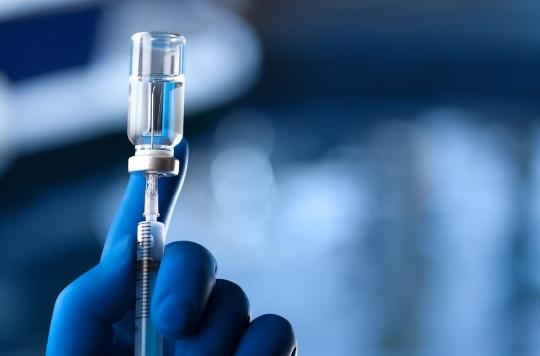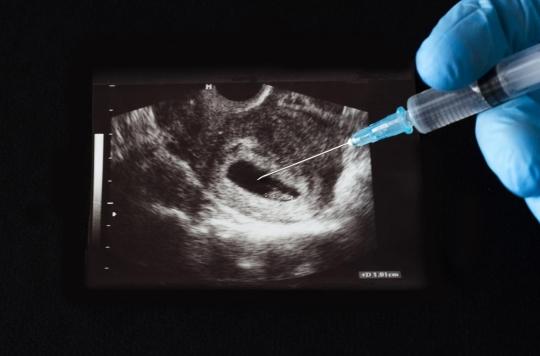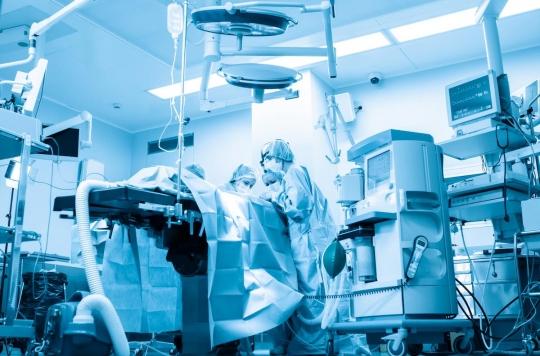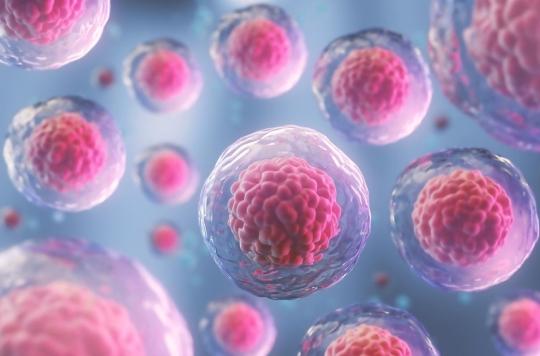A blood test for trisomies 13, 18 and 21 has been set up in the maternities of Parisian public hospitals. He should halve the number of amniocentesis.
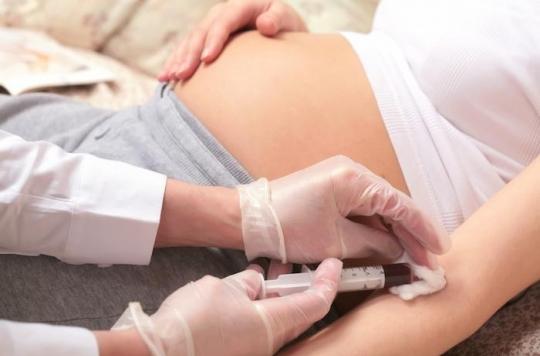
Detecting an anomaly in the first trimester of pregnancy is the object of prenatal screening for trisomy 21. It is offered to all future mothers, regardless of their age, and gives them the possibility of terminating the pregnancy. .
The Assistance Publique-Hôpitaux de Paris (AP-HP) has been offering since May 2, in all its maternities, the analysis of maternal plasma DNA as a non-invasive prenatal diagnosis (DPNI). This recent technique, requiring only a blood sample, is both much more specific and more sensitive, that is to say that it produces very few false positives and false negatives.
Lower risk of miscarriage
By approaching 100% of trisomies 21 detected, this blood test would prevent half of the amniocentesis, estimates Professor Jean-Michel Dupont, of the cytogenetics department of Cochin hospital (Paris), where the brand new automated platform top flow rate, intended for plasma DNA analysis, was installed. “In cases where the test by analysis of circulating DNA turns out to be negative, we know that the residual risk is very low, which makes it possible to avoid recourse to this invasive procedure,” he explains.
Until now, the diagnosis has been based on a blood test, combined with an ultrasound. However, the commonly used serum marker test can only detect 70 to 80% of abnormalities, and has false positives. In these cases, pregnant women must undergo amniocentesis – a sample of the amniotic fluid – or a biopsy of part of the placenta, which is then unnecessary and increases the risk of miscarriages and premature births.
Three targeted trisomies
For the time being, this test is not reimbursed by Health Insurance, but AP-HP will offer it free of charge. The dosage of serum markers will be kept, like the ultrasound, in first intention, between the 11th and 17th weeks of pregnancy. Analysis of plasma DNA will be used to supplement these examinations.
The new technique, already in place at Cochin Hospital for over a year, is based on a simple principle. There are two types of DNA circulating in the mother’s blood. That of the mother, of course, but also that of the fetus. By isolating the latter, it is now possible to perform sequencing and detect abnormalities in the number of chromosomes.
It works for trisomy 21, but also for trisomies 18 and 13, which are rarer.
.












